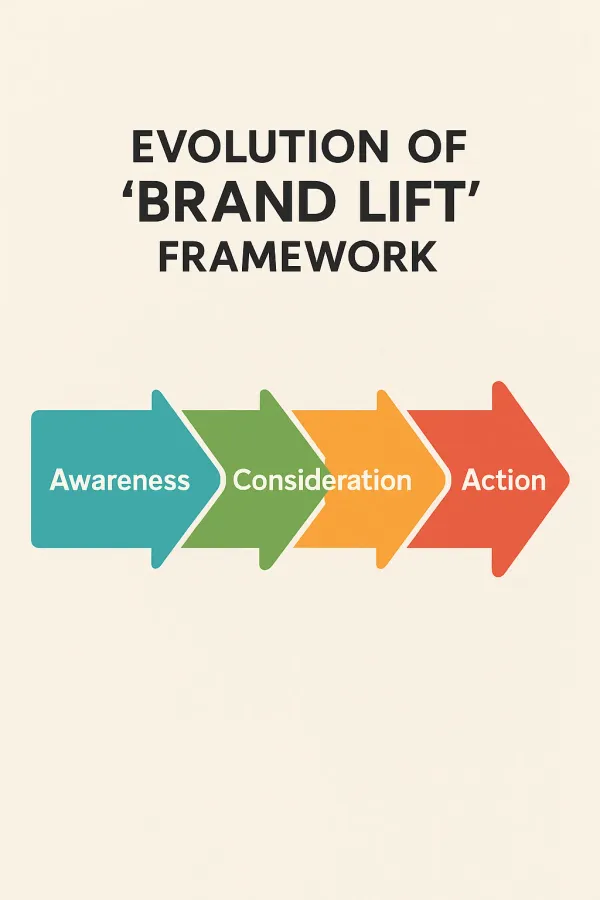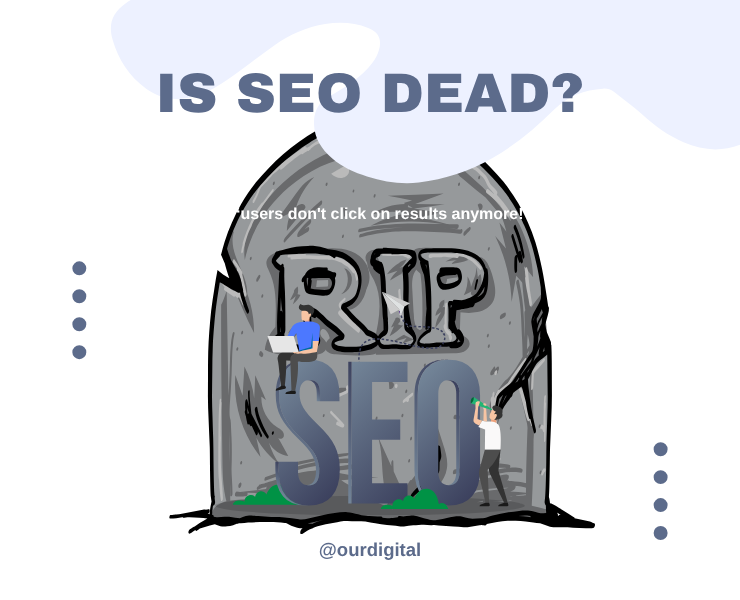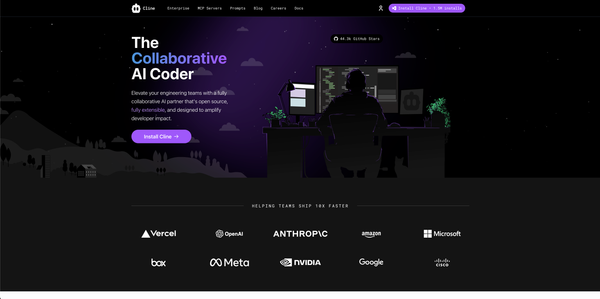Digital Sociology in the Age of AI
A personal reflection on how algorithms, data, and AI systems shape our daily lives. Exploring digital sociology and data literacy as essential tools for seeing the invisible patterns of the digital age.

While just learning, the new AI Age begins
We live in a world shaped by invisible algorithms, data infrastructures, and AI systems. They govern what we see, influence how we relate, and even decide who gets access to opportunities. Yet, most people lack the language to question them.
| Algorithms | Data Infrastructures | AI Systems |
| Govern what we see | Influence how we relate | Decide access to opportunities |
| Lack of language to question them |
Digital Sociology: Seeing the Invisible
Digital sociology is not just about social media or tech trends. It asks: How is society being reprogrammed through data? What do platforms do to power, identity, labour, and attention? From algorithmic bias to surveillance capitalism, digital sociology exposes the code beneath the culture.

Data & AI Literacy: A New Civic Competency
We must understand how digital tools and AI services use us, not just how to use them. Data and AI literacy means being able to read, critique, and reimagine the systems that shape our daily lives, relationships, society, and institutions. It's not a technical skill — it's a civic right and obligation!
A Space for Practice and Thought
This journal is not just a publication. It is a personal lab, a public notebook, and an evolving dialogue. I believe in combining critical theory with practical insight. We aim to document experiments, reflect on failures, and nurture ideas that help us see and shape digital life more consciously.



